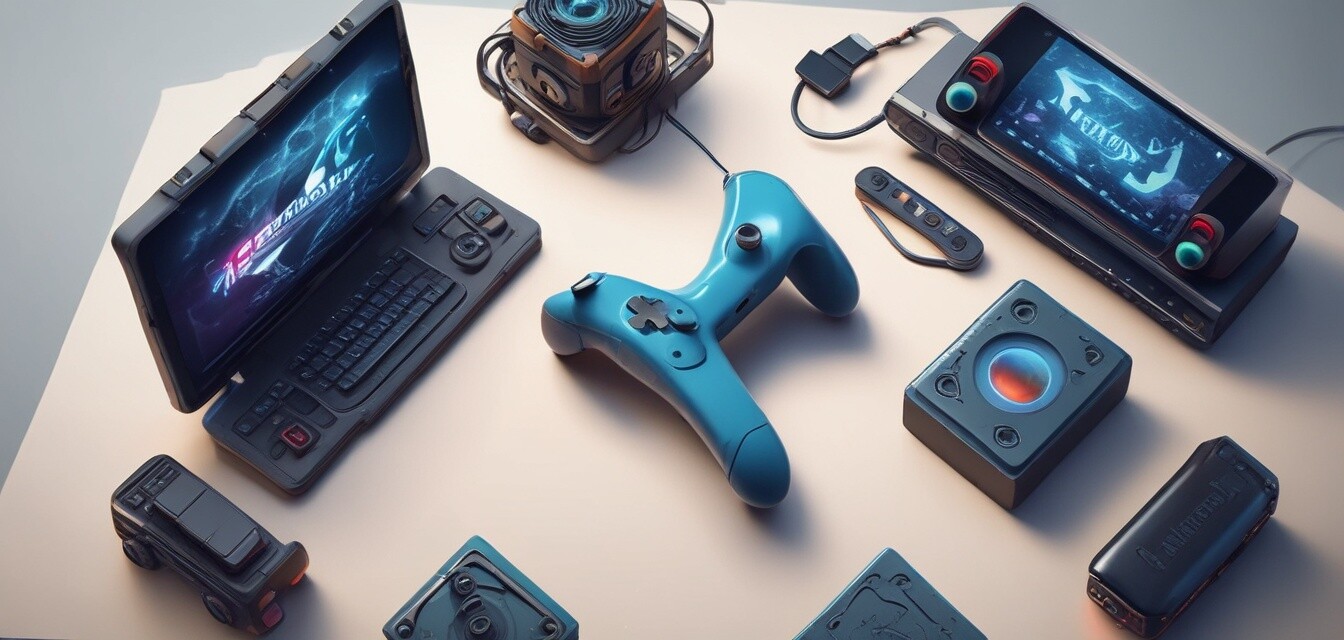
How social media is influencing game development
Key Takeaways
- Social media platforms serve as vital tools for game marketing.
- Community engagement plays a crucial role in shaping game development.
- Feedback from players is now more accessible and impactful than ever.
- Trends in social media can affect game design elements and features.
- Developers are leveraging influencers to boost game visibility.
In today's digital age, social media has changed the landscape of many industries, including game development. With millions of gamers ready to engage on various platforms, developers are increasingly turning to social media for marketing, community engagement, and feedback mechanisms. In this article, we will dive deep into the influence of social media on contemporary game development, exploring how it connects developers with their audience and shapes the gaming experience.
The power of marketing through social media
Marketing in the game industry has evolved dramatically with the rise of social media. Traditional ads are no longer the sole way to reach potential players. Now, developers utilize various platforms to create vibrant marketing campaigns, engage with the community, and share updates.
Key platforms used for marketing
| Platform | Purpose |
|---|---|
| Real-time updates and communication with fans. | |
| Visual marketing through images and videos. | |
| Community building and event promotion. | |
| Twitch | Live-streaming gameplay and community interaction. |
| YouTube | Gameplay trailers and developer insights. |
Community engagement through feedback
The way developers engage with their communities has also transformed. Social media provides direct channels for communication, allowing developers to gather feedback directly from players, fostering a collaborative atmosphere that can result in better gaming experiences.
Methods for engaging with gamers
- Polls and surveys on Twitter to gauge player preferences.
- Feedback forms posted in gaming communities.
- Live Q&A sessions with developers on platforms like Twitch.
- Dedicated forums for discussion and feature requests on Facebook.
The impact of influencers
Influencer marketing has taken the gaming industry by storm. Developers are leveraging gaming influencers to create buzz around their games. This influence can lead to direct spikes in game visibility and sales, as influencers often have dedicated fanbases eager to try out new products.
The relationship between influencers and developers
| Influencer Type | Influence on Game Development |
|---|---|
| Streamers | Showcase gameplay, providing real-time feedback and visibility. |
| YouTubers | Produce reviews and walkthroughs, influencing purchasing decisions. |
| Bloggers | Write in-depth articles discussing game mechanics and features. |
Trends shaping game design
Social media trends can significantly influence the design elements and features of games. Developers are paying attention to what is being shared, discussed, or celebrated on social platforms to inform their design choices.
Examples of trending game mechanics
- Battle pass systems, driven by competitive gaming trends.
- Cosmetic customization options inspired by fan engagement.
- Seasonal events and challenges found in popular titles.
The future of gaming and social media
As we move forward, the integration between gaming and social media is expected to deepen. Virtual reality (VR) and augmented reality (AR) advancements may lead to new forms of interactive marketing and engagement, but the core of the relationship will always hinge on the community feedback and connection that social media provides.
Predictions for future trends
- Increased gamification of social media platforms.
- Stronger emphasis on player communities forming on traditional social apps.
- Greater collaboration between developers and influencers.
Tips for developers
- Stay active on social media to build and maintain community relationships.
- Listen to player feedback and incorporate it into future updates.
- Collaborate with influencers that align with your game’s vision.
- Monitor current trends and adapt your marketing strategies accordingly.
Pros
- Enhanced marketing reach and community building.
- Immediate feedback from the gaming community.
- Opportunities for creative marketing strategies.
Cons
- Negative feedback can spread quickly and impact reputation.
- Pressure to continuously engage and produce content.
- Risk of trends overshadowing core game design principles.
Conclusion
As social media continues to evolve, its influence on game development will undoubtedly grow. Developers must adapt and embrace these platforms to foster better relationships with their players and create more engaging gaming experiences. Staying informed and connected will be crucial for success in the ever-changing landscape of game development.
Explore more
For more insights into the world of gaming, check out our sections on news and trends or explore product categories such as gaming accessories and gaming desktops.
